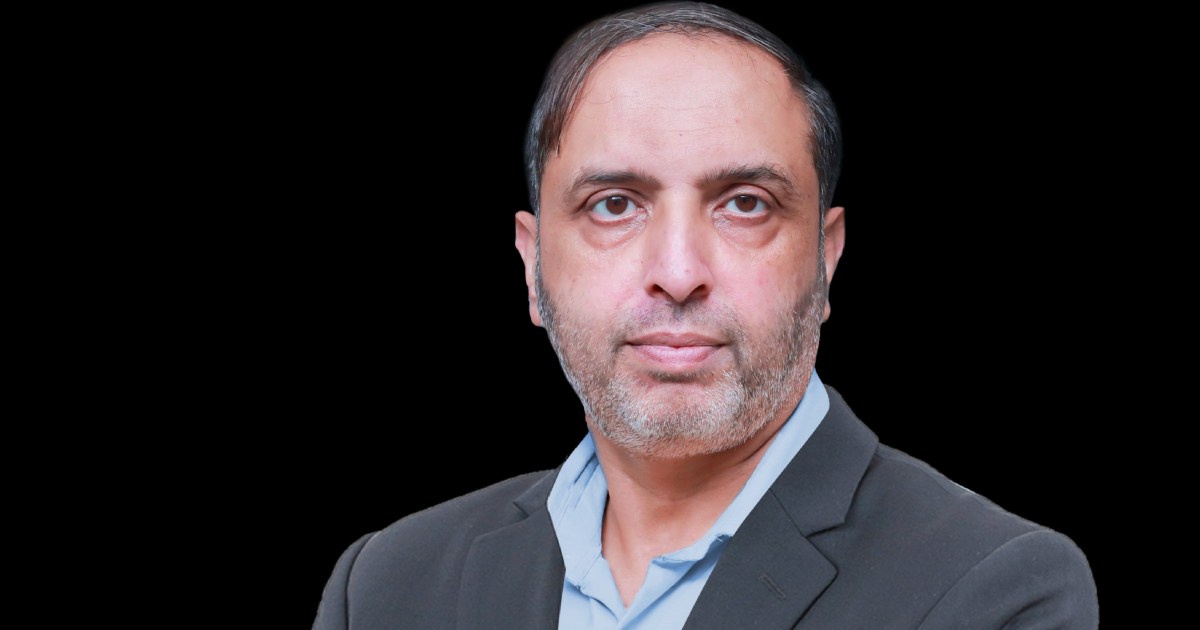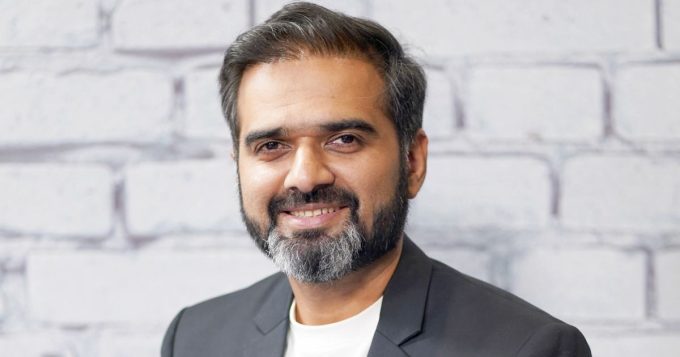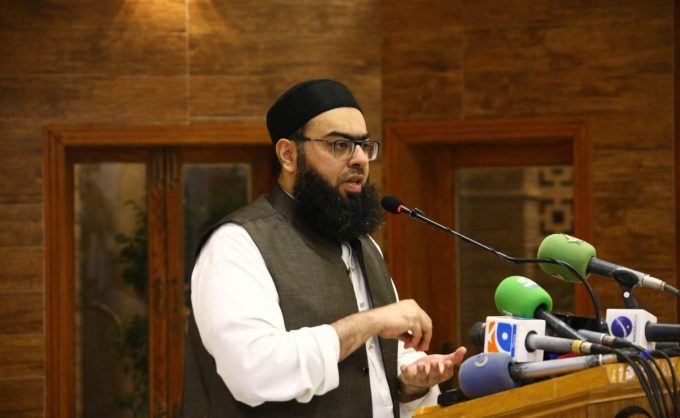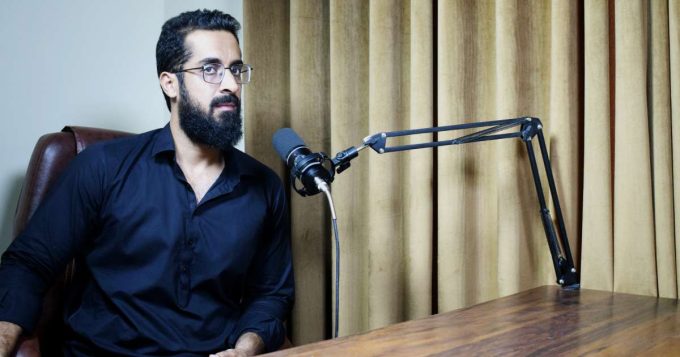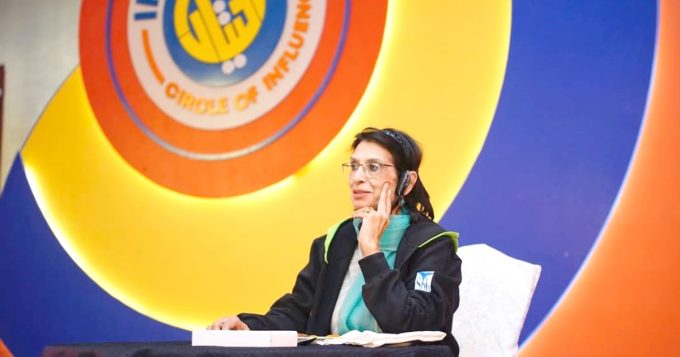Dr Abdullah Z. Sheikh, Dean of the School of Business Studies at IBA Karachi, brings a global perspective to business education. With a PhD from the University of Nottingham and decades of international academic experience, he has been instrumental in steering IBA towards greatness.
Synergyzer: How does SBS reflect IBA’s 70-year legacy as a leading business school?
Dr Abdullah Z. Sheikh: IBA is one of the oldest flagship business schools of Pakistan. It was established by Warton Business School and the University of California in 1955 as one of the oldest business schools outside of North America.
We are known as the nursery of business leaders of Pakistan. It is an unmatched legacy; we have produced presidents, prime ministers, governors, and chief ministers of this country. IBA sets the tone, the course and the trend when it comes to business education in this country.
Synergyzer: In what ways have SBS alumni made a significant impact in Pakistan and globally?
Dr Abdullah Z. Sheikh: IBA’s profound footprint stretches far beyond the walls of its campus; it lives on through our alumni across the globe. Every day, graduates make their mark, filling the boardrooms of Pakistan’s corporate world and shaping the future of Pakistan.
Approximately 250 global CEOs are IBA alumni. Some notable graduates like Sabir Sami, the former CEO of KFC Global, and Shahla Aly, retired Vice President of Google, and the list goes on. We have very strong alumni networks in North America, Canada, Singapore, the Middle East, Hong Kong, and other parts of the world.
Synergyzer: IBA recently received AACSB accreditation. What do these milestones mean for the institution?
Dr. Abdullah Z. Sheikh: AACSB is the most prestigious and rigorous accreditation for business schools worldwide. Only 6% of business schools worldwide have it. It is not just a badge of honour but a validation of all the good things we do. Over the years, it has transformed us into a quality business school. We have redefined our standards in terms of pedagogy, research, and system.
IBA is very student-centric, and this has enabled us to ensure that we remain great at what we do. Which means our curriculum remains current and cutting-edge, and our students learn from the state-of-the-art and top-of-the-line system from the leading faculty around the world.
Synergyzer: What changes were made to the EMBA programme?
Dr Abdullah Z. Sheikh: We have drastically transformed our Executive MBA to align with top international standards. And we are the first institutions to do so in Pakistan. The programme follows a block teaching model, which is a three-weekend block per semester, and offers senior executives flexibility to balance work while accessing world-class learning and global experts.
One of the key highlights of our EMBA programme is the Global Immersion Module, which will be a mandatory component for all cohorts. As part of this, students will embark on a study tour to Silicon Valley, now known as Emergent Modules. This immersive experience lets students explore the operating models of top Bay Area organisations. We’re also aiming to include a Stanford University course in this module, which would greatly enhance student exposure.
Our collaboration with Stanford’s Life Design Lab, led by Professor Bill Burnett, has made a significant impact. Beyond the EMBA, it includes faculty training and plans to train industry leaders. We’re also exploring involvement with the Sindh government.
Internationalisation is a core priority. Along with Stanford, we’ve partnered with IE Madrid and are embedding global content and cross-cultural perspectives across our curriculum.
Synergyzer: What inspired the launch of the Business Analytics Programme?
Dr Abdullah Z. Sheikh: This was long overdue. We are launching the Business Analytics Programme this fall semester, and it has received great traction. We envision it to be one of our most popular undergraduate tracks.
Students now want technical and applicable knowledge. And we continually improve and upgrade our curriculum across programmes based on feedback received from surveys.
Synergyzer: How is SBS engaging with the industry to provide students with real-world learning opportunities?
Dr Abdullah Z. Sheikh: We place a strong emphasis on experiential learning, which is a mandatory component of our BBA programme. Students must complete a 3-credit-hour Experiential Learning Project under the guidance of Mr. Atif Murtaza, facilitated by the Career Development Centre (CDC).
This project matches students with organisations aligned to their goals, providing a structured, hands-on industry experience that goes beyond a typical internship.
To further bridge the gap between academia and industry, we also encourage faculty to invite industry professionals as guest speakers. Our location in Karachi, being positioned next to the “Wall Street” or “Manhattan” of Pakistan, allows us to engage leading experts as visiting faculty. An advantage we continue to leverage to enhance our students’ learning experience.
Synergyzer: What role should business schools play in addressing broader social issues?
Dr Abdullah Z. Sheikh: At IBA, ethics and social responsibility are integral to our institutional philosophy. Our undergraduate curriculum includes a mandatory ethics course that reinforces the importance of integrity and accountability in business and leadership.
Our commitment to societal impact was a core pillar of our successful accreditation journey with AACSB. One of the standards under AACSB focuses on an institution’s contribution to society. We were able to demonstrate this effectively through a range of initiatives addressing poverty, inequality, and access. These efforts are not incidental; they reflect a deeply rooted, mindful engagement with the challenges facing our society.
Inclusivity and diversity are embedded in the fabric of IBA. Our student body, faculty, and staff represent nearly every region of Pakistan. We are proud of our gender balance, particularly in leadership roles. Amongst our four deans, two are women. Similarly, in the School of Business Studies, two of our four department chairs are female.
We are an equal opportunity employer and do not discriminate based on gender, religion, ethnicity, disability, or socio-economic background. Merit remains the sole criterion for selection and advancement.
At IBA, we believe that higher education must go beyond professional training; it must instil values, promote equity, and serve society. That is the vision we continue to uphold.
Synergyzer: What are the key future goals of SBS?
Dr Abdullah Z. Sheikh: Although IBA is already an accomplished business school, we are aiming high and dreaming big. Our aim is a Triple Crown accreditation plan to partner with other leading universities. At the end of the day, we want to be known as one of the leading business schools in the region, not just in Pakistan.

